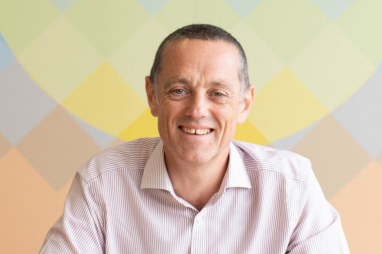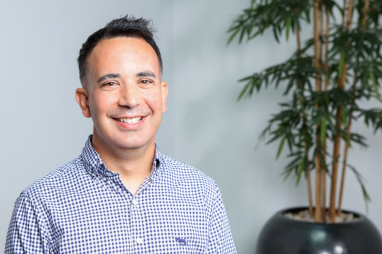- Жіночі легкі білі з чорним кросівки neonata adidas iniki 🆕 адідас інікі — ціна 1699 грн у каталозі Кросівки ✓ Купити жіночі речі за доступною ціною на Шафі , Україна #110935388 , neonata adidas primeknit cleats green and purple color
- SBD - nike blue air skylon 2 ebay auction site - White x nike blue huarache atomic pink foot locker shoes Low Brooklyn DX1419 - 300 Release Date , Off
- LEGO Air Jordan Flight Fleece Pants , air jordan 1 mid se take flight , IetpShops
- nike outlets sell jordan 1
- Midnight Navy / White , lower NIKE AIR JORDAN 1 MID SE DENIM CINNABAR HEMP-WHITE - lower Nike SB Kearny Cargo Pants - IlunionhotelsShops
- Air Jordan 1 Mid Bred 554724 074 2020 Release Date 4
- nike air force 1 low white gold dc2181 100 release date info
- air jordan 4 og fire red DC7770 160 release details price
- air jordan 4 white tech grey black fire red ct8527 100 release date
- Air Jordan 1 University Blue 555088 134 Release Date Price 4
- Home
- News and analysis
- Info hubs
- Events
- Video
- Case Studies
- About us
- Magazine
- Advertising
Produced for the industry by the Association for Consultancy and Engineering
News
Cognition Land and Water joins EIC

A specialist contamination and remediation engineering contractor that has been operating for almost 20 years has joined the Environmental Industries Commission (EIC).
Cognition Land and Water employs up to 150 people and is aiming for a turnover of approximately £40m this year.
Its projects are mainly in London and the South East, but it also works across the UK and even abroad.
Andy O’Dea, technical director of Cognition, said: “We see ourselves as an industry leader and we are in the top 10 in terms of turnover in the UK.
“Our high quality, pragmatic approach to engineering projects has enabled us to branch out from contamination and remediation contracting into major civil engineering work, which is useful as we don’t want to be too reliant on any one particular sector, especially with the situation the economy is in and with housing taking a bit of a hit.
“That broad spread of clients and projects is helping us to weather the storm and we are actually bucking the trend amongst our competitors and continuing to grow year on year.”
The firm is still continuing to work in the housing sector and is currently working at six different sites on the reclamation of land for residential development.
Andy’s background is in consultancy and he has worked with Stantec and WSP in the past. It is through these organisations that he knows about the work of the EIC.
“I know EIC is very highly regarded in terms of thought leadership in the industry and lobbying government on the things that matter to the industry – and that’s what we want to get involved in,” he says.
“The chance for sharing knowledge with our peers and understanding the latest advances around our work is very appealing.
“The other attraction is being part of a combined voice to be able to lobby government, the Environment Agency and DEFRA.”
Andy feels that DoWCoP (the Definition of Waste Code of Practice) is a very powerful tool for his industry and has some concerns around an ongoing review and potential reform of this tool by the Environment Agency.
Through EIC, he wants Cognition to be part of the conversations that will take place around this.
In particular, he wants Cognition and other similar organisations to be able to have their say on the likely impact of needing a waste recovery permit for particular construction sites and activities if the Environment Agency enforces this – something he says is completely unworkable for development sites, can take two years or more to put in place and could severely hamper the viability of a number of projects.
“Retaining soil materials on site is possibly the biggest sustainability ‘win’ for a development project rather than needlessly disposing of soils to landfill. At Cognition, we believe DoWCoP is the tool we need to allow for that sustainable soil reuse of rather than being forced down the route of applying for a waste recovery permit, which is impractical, unsuitable and far too slow a process for land development. The Environment Agency, however, is saying DoWCoP is being abused in some instances,” Andy says.
“That may be the case, but we would like to see it properly regulated and policed rather than being thrown out – we don’t want to throw out the baby with the bathwater.
“It’s a very powerful tool and it’s been used with great success for the last 15 years and now there’s a chance it could be changed, we want to be part of that combined voice that EIC will afford us, because everyone in the industry is saying the same thing.”
Get more information on joining the EIC, the leading organisation for environmental businesses.





